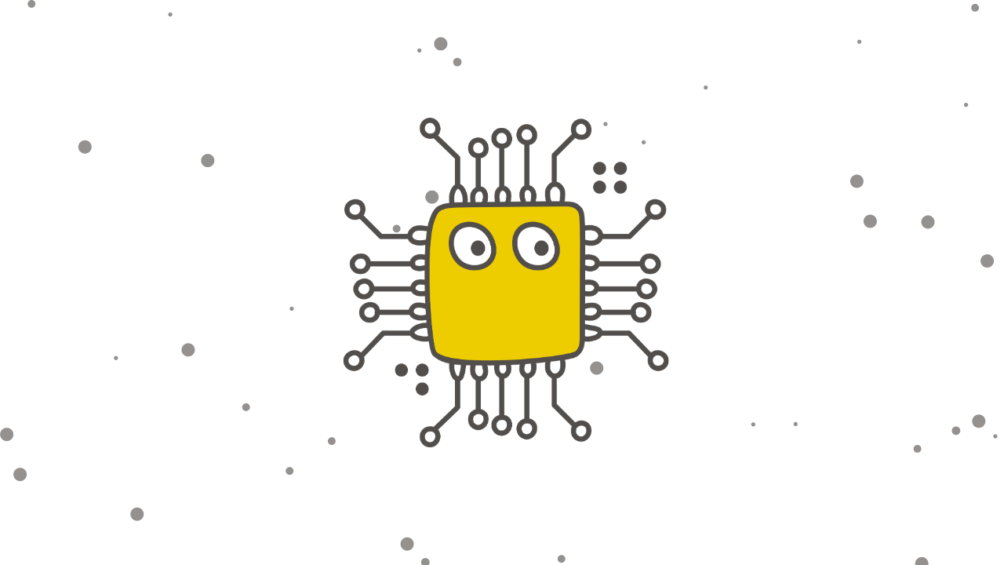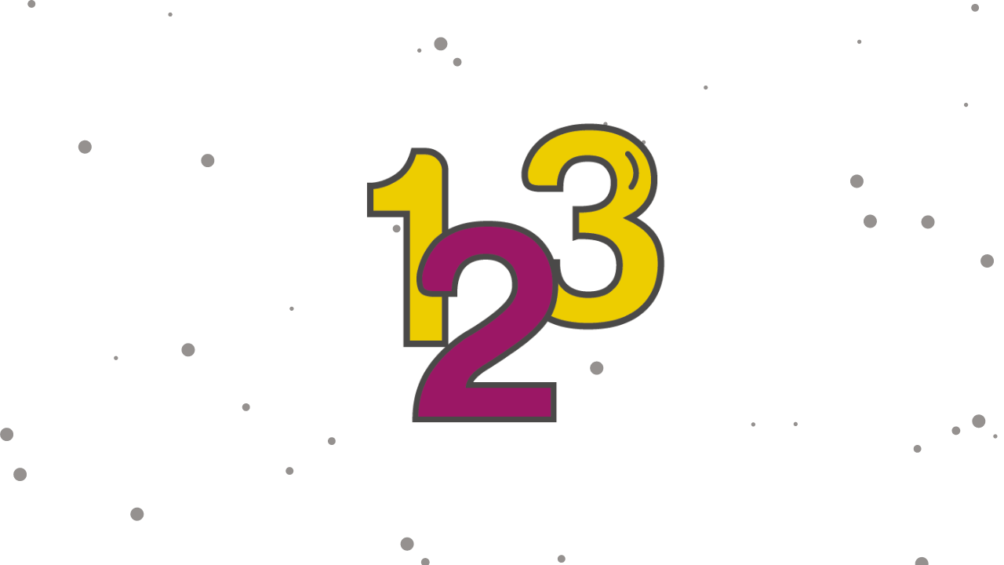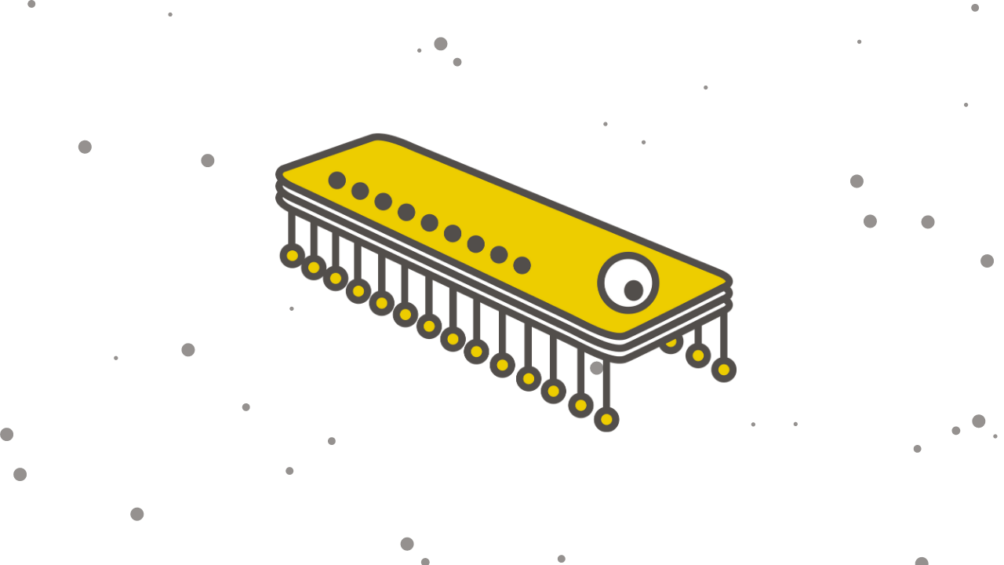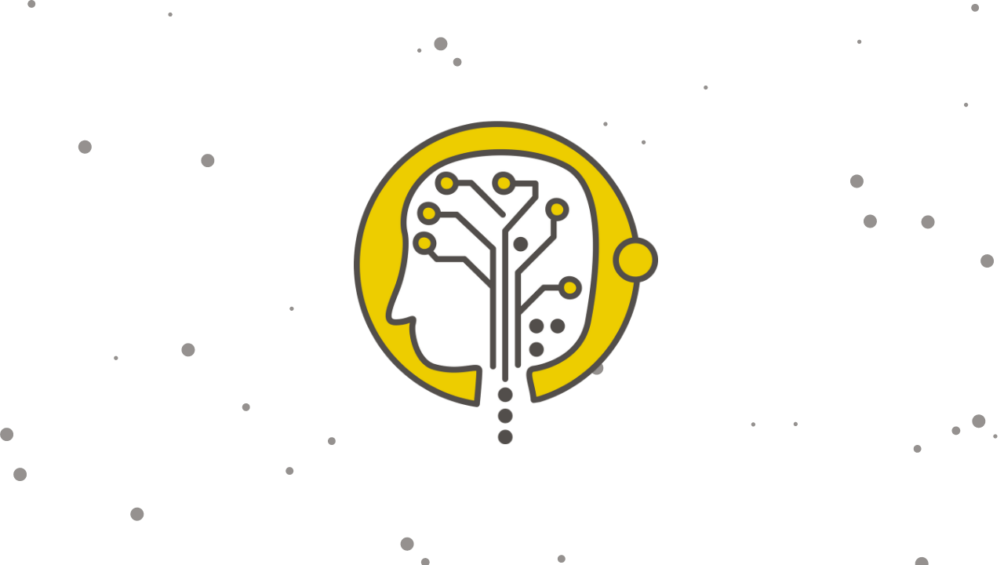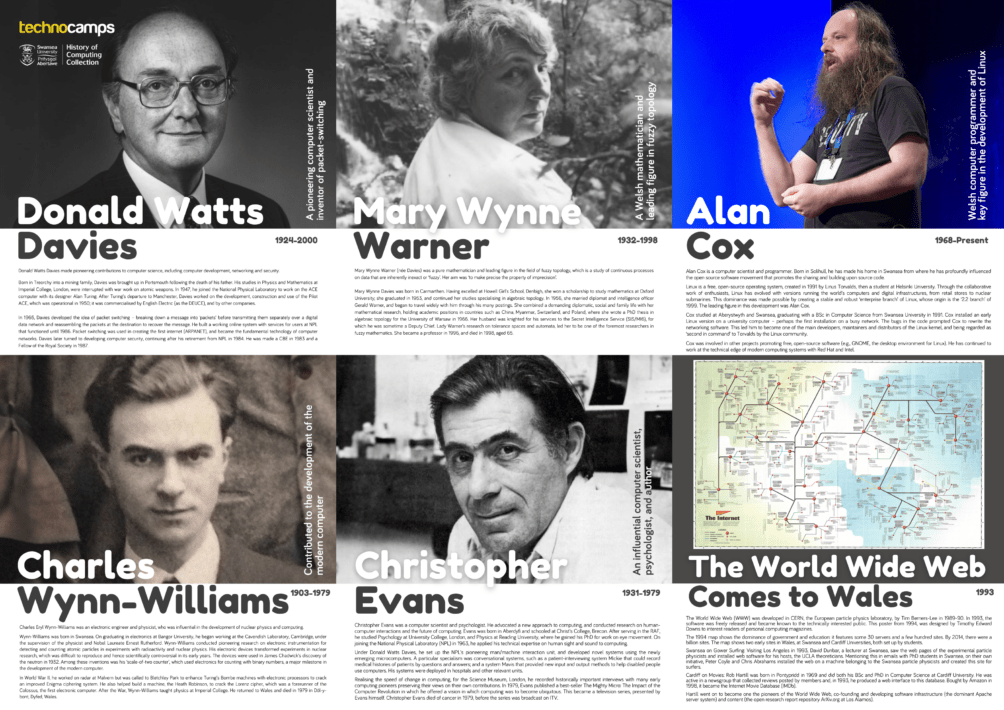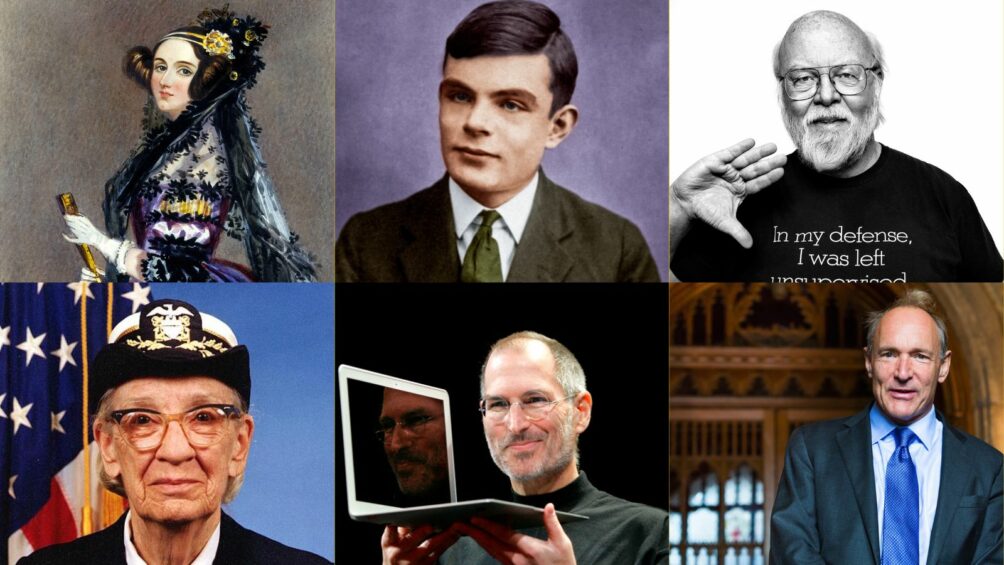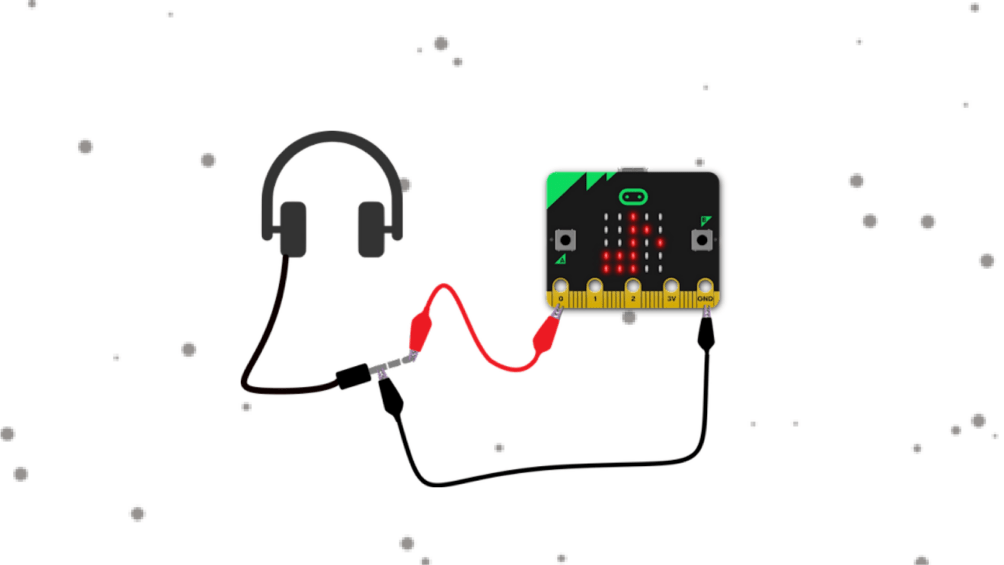These resources were presented at the Technocamps “Curriculum for Success” Teachers Conference held at the Liberty Stadium on October 17th 2019. Both primary and secondary resources are available here.
Little Man Computer
Learn all about Assembly Language and how to write programs using the Little Man Computer Simulator! Little Man Computer (LMC) is a simulator that mimics von Neumann architecture. What you’ll need: – Computer access – Access to peterhigginson.co.uk/lmc
Greenfoot
This is suitable for both KS3 and KS4. The activity pack breaks down the aspects of Greenfoot into four key areas: Setting up the World, Movement, Functionality and The Counter. What you’ll need: – Computer – Access to Greenfoot
Number Systems – How-To
This pack includes short “how-to” videos teaching you how to convert between different number systems like binary to hex. When you’ve finished the activity pack, try out the quiz to test out your understanding. What you’ll need: – Pen and paper – Worksheets (found at the bottom of the relevant tab)
Getting Started With Programming
This pack will help you get started, with instructions on how to install things! What you’ll need: – Internet access – Computer access
Logic Gates
This activity pack teaches you all about logic gates! What you’ll need: – Computer access – Access to Academo.org – Access to Logic.ly – Access to Boolean.method.ac
Welsh Computer Scientist Posters
Following on from our successful first batch of famous pioneers in the world of technology, aligning with the Digital Technology curriculum in Wales, we have produced posters with more of a local Welsh flavour. Download the combined A2 poster and the individual posters below!
DigiTech Computer Scientists Posters
We have designed some bilingual posters with information about well-known computer scientists for you to display in your classroom. These figures all appear in the curriculum and these posters contain useful information about their work. There are individual posters and a larger poster that contains biographies from all six scientists: James Gosling, Ada Lovelace, Alan Turing, Tim Berners-Lee, Steve Jobs … Read More
micro:bit – Musical micro:bits
This micro:bit workshop covers areas of the Science and Technology and the Expressive Arts Areas of Learning and Experience. Pupils will learn the basics of block-based programming and how to use conditional statements to make decisions in computer programs. The resource will also allow pupils to create their own musical compositions by making use of iteration and the micro:bit’s in-built … Read More
micro:bit – Mathematics Game
This micro:bit workshop covers areas of the Science and Technology and Mathematics and Numeracy Areas of Learning and Experience. Pupils will learn the basics of block-based programming and how to use conditional statements to make decisions in computer programs. The resource will also allow pupils to create their own mathematics game to help them and their classmates develop their problem … Read More
